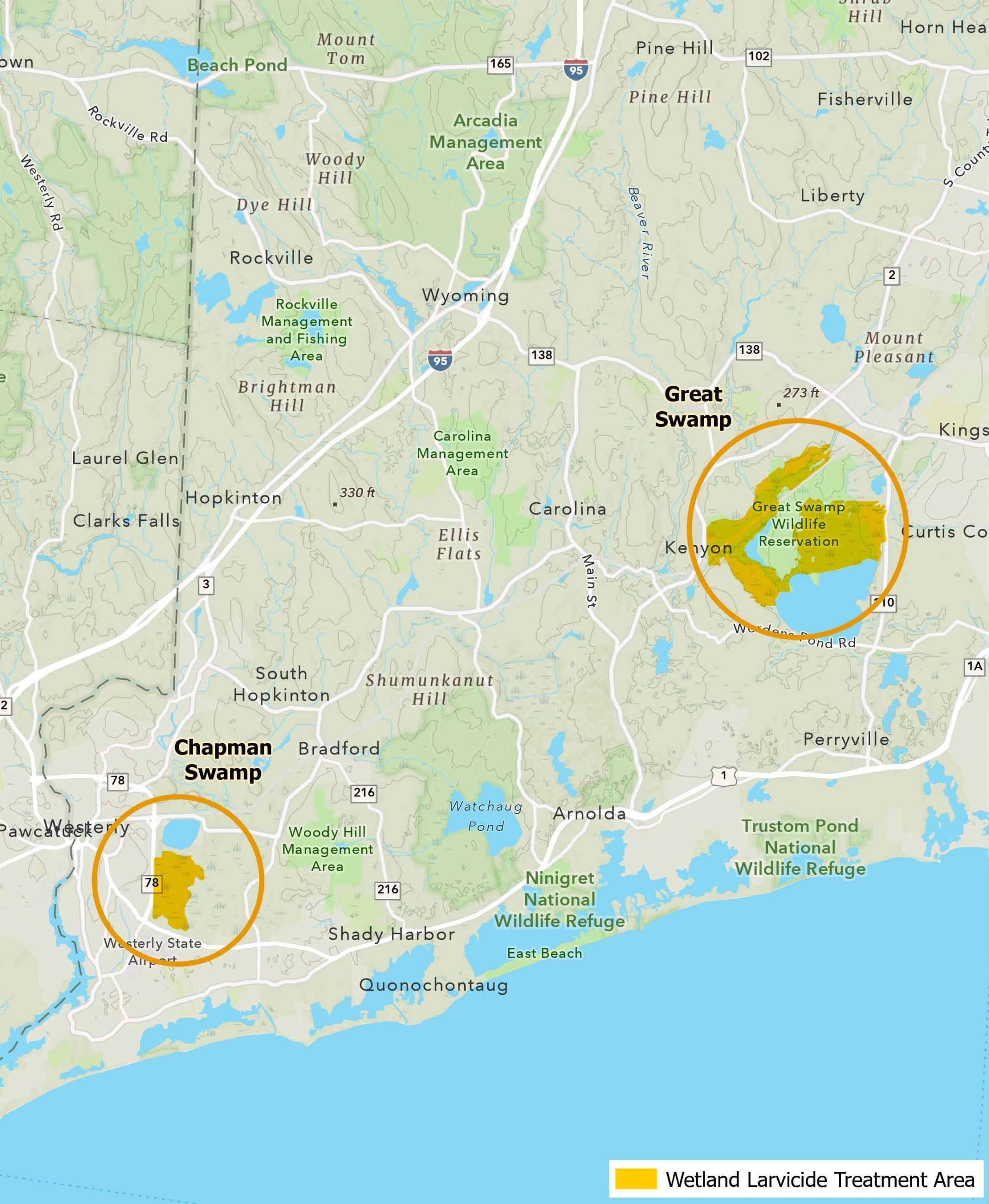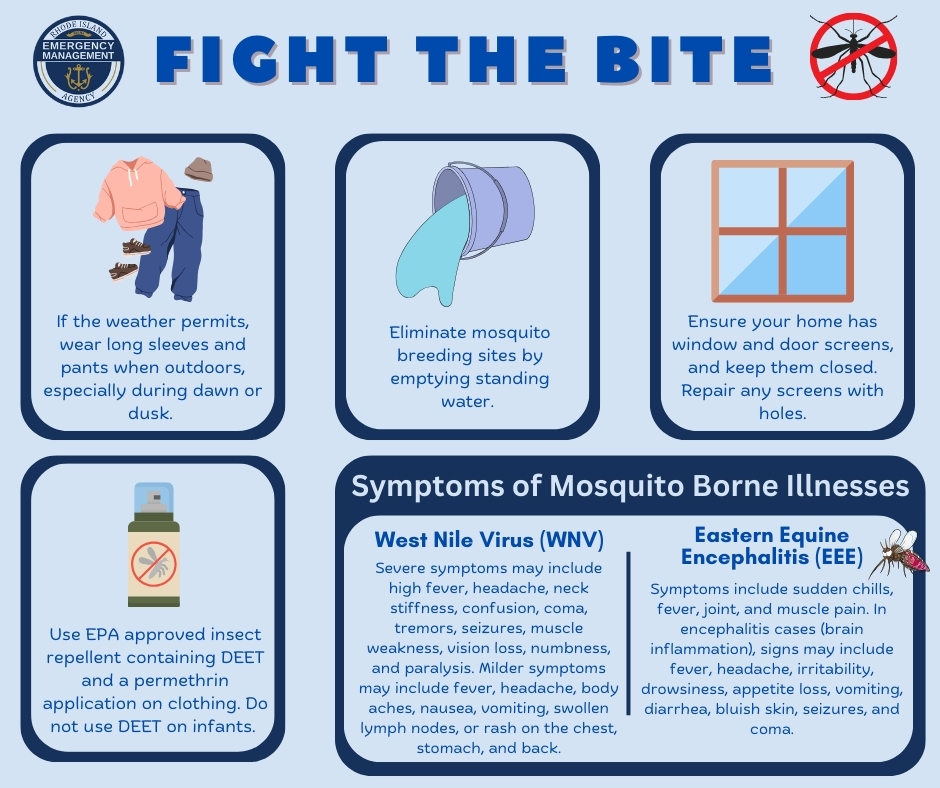He's a traitor, and not just because of his collusion with Putin
Robert
Reich
 |
| By Steve Cousineau |
I’m glad Democrats are finally hitting back at Trump. Enough with the “high
road.”
They’re calling him “weird.”
They’re mocking him. “Donald Trump fell asleep at his own
trial,” Hillary Clinton sneered at the Democratic convention. “When he woke up,
he’d made his own kind of history — the first person to run for president with
34 felony convictions.”
Barack Obama noted Trump’s “weird obsession with crowd
sizes.”
Michelle Obama asked, “Who’s going to tell him that the job
he’s currently seeking might just be one of those ‘Black jobs’?”
Trump hates to be laughed at. He cannot abide ridicule. So,
keep it up.
But in addition to the mockery, we must not forget
Trump’s treachery.
The values a president enunciates and demonstrates ricochet
through society, strengthening or undermining the common good.
George Washington biographer Douglas Southall Freeman noted
that by June 1775, when Congress appointed him to command the nation’s army,
Washington had already “become a moral rallying post.”
In the 2016 presidential campaign, 240 years later,
candidate Donald Trump’s moral squalor was on full display. When accused of
failing to pay his income taxes, he responded, “That makes me smart.”
He thereby signaled to millions of Americans that paying
taxes in full is not an obligation of citizenship.
Trump also boasted about giving money to politicians so
they would do whatever he wanted. “When they call, I give. And you know what,
when I need something from them two years later, three years later, I call
them. They are there for me.”
In other words, it’s perfectly okay for business leaders to
pay off politicians, regardless of the effect on our democracy.
After Trump launched an attack on NFL players who kneeled
during the national anthem, Steve Kerr, coach of the Golden State Warriors,
explained that the players were trying to protect a core American value.
“They’re protesting excessive police violence and racial inequality,” said
Kerr. “Those are really good things to fight against. And they’re doing it in a
nonviolent way. Which is everything that Martin Luther King preached, right?”
Before Trump, the peaceful transfer of power was assumed to
be a central feature of American democracy.
As Harvard political scientist Archon Fung has noted, when
losing candidates congratulate winners and deliver gracious concession
speeches, they demonstrate their commitment to the democratic system over the
result they fought to achieve — an important means of reaffirming the common
good.
Think of Al Gore’s gracious concession speech to George W.
Bush in 2000, after five weeks of a bitterly contested election and just one
day after the Supreme Court ruled in favor of Bush:
“I say to President-elect Bush that what remains of
partisan rancor must now be put aside, and may God bless his stewardship of
this country …. Let there be no doubt, while I strongly disagree with the
court’s decision, I accept it …. And tonight, for the sake of our unity as a
people and the strength of our democracy, I offer my concession.”
Consider what might have occurred had Gore bitterly accused
Bush of winning fraudulently and blamed the five Republican appointees on the
Supreme Court for siding with Bush for partisan reasons. Or if, during his
campaign, Bush had promised to put Gore in jail for various alleged
improprieties, and then, after he won, accused Gore of spying on him during the
campaign and trying to use the FBI and CIA to bring his downfall.
These statements — close to ones Trump actually made — might
have imperiled the political stability of the nation.
Instead, Gore made the same moral choice his predecessors
made at the end of every previous American presidential election, and for the
same reason: He understood that the peaceful transition of power confirmed the
nation’s commitment to the Constitution, which was far more important than his
own loss.
Trump has had no such qualms. When he lost, he embarked on a
coup against the United States and instigated an assault on the U.S. Capitol,
resulting in five deaths.
At this moment, Trump and his lackeys are installing
loyalists in state and county election offices to deny certification to the
Harris-Walz ticket and other Democrats down the ballot.
The essence of Trump’s failure as president — and the
fundamental reason he doesn’t merit a second term — is not that he has behaved
in childish and vindictive ways or is “weird.”
It is that he sacrificed — and continues to sacrifice —
the processes and institutions that undergird America to achieve his own
selfish aims.
He abused the trust we place in a president to preserve
and protect the nation’s capacity for self-government.
Trump is a traitor.
He and the Republican Party — now a personality cult based
on Trump’s Big Lie — violate everything America stands for.
We cannot and must not forget his treachery and the GOP’s
complicity. It is a despicable blot on America.
Robert Reich is a professor of public policy at Berkeley
and former secretary of labor. His writings can be found at https://robertreich.substack.com/



.JPG)
.webp)












.webp)





.webp)


.webp)






.webp)


